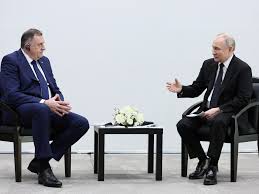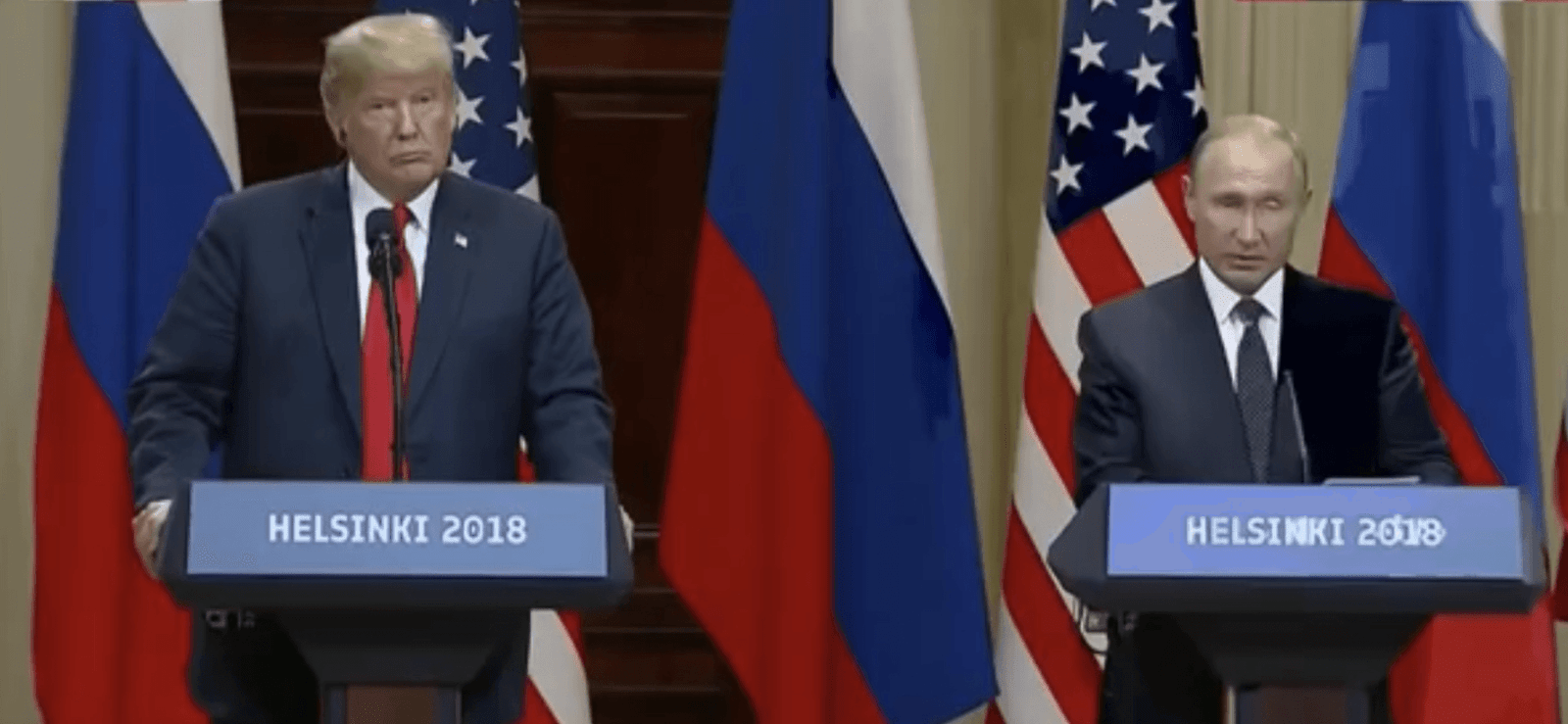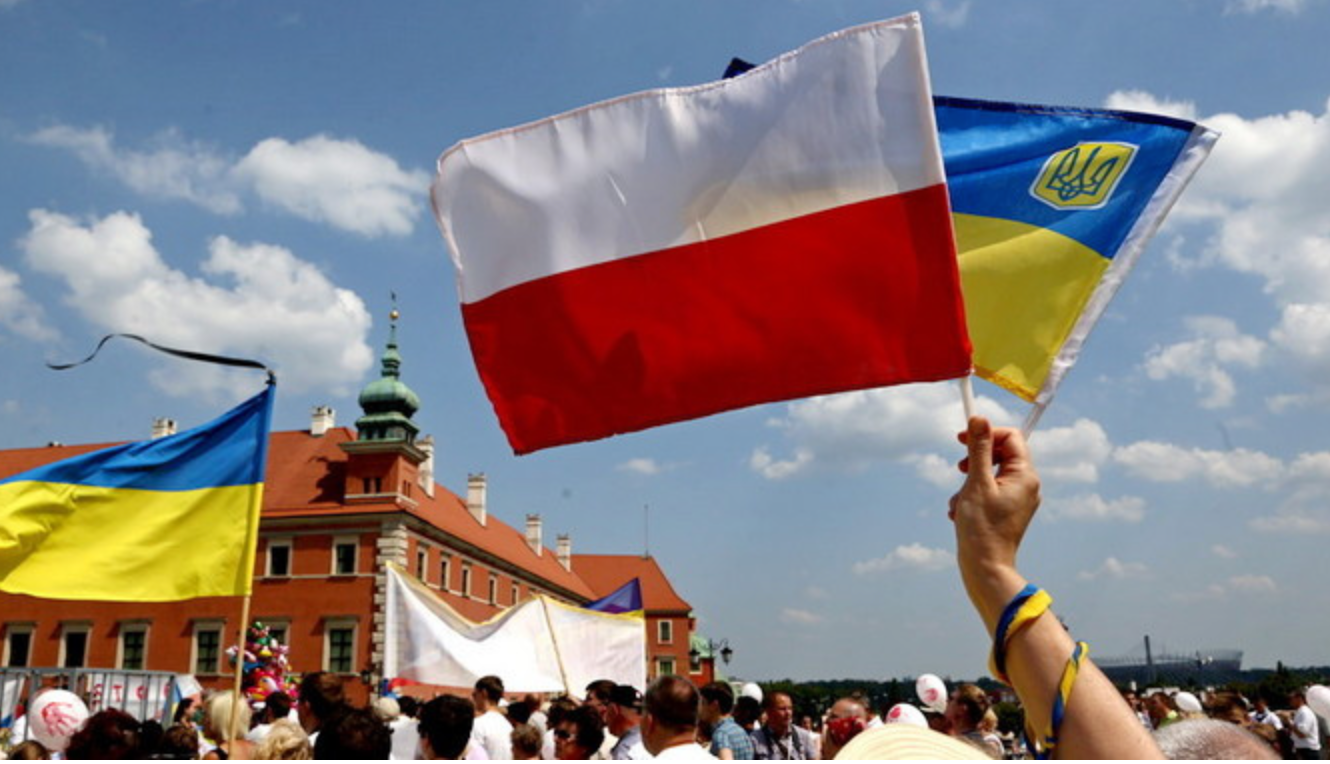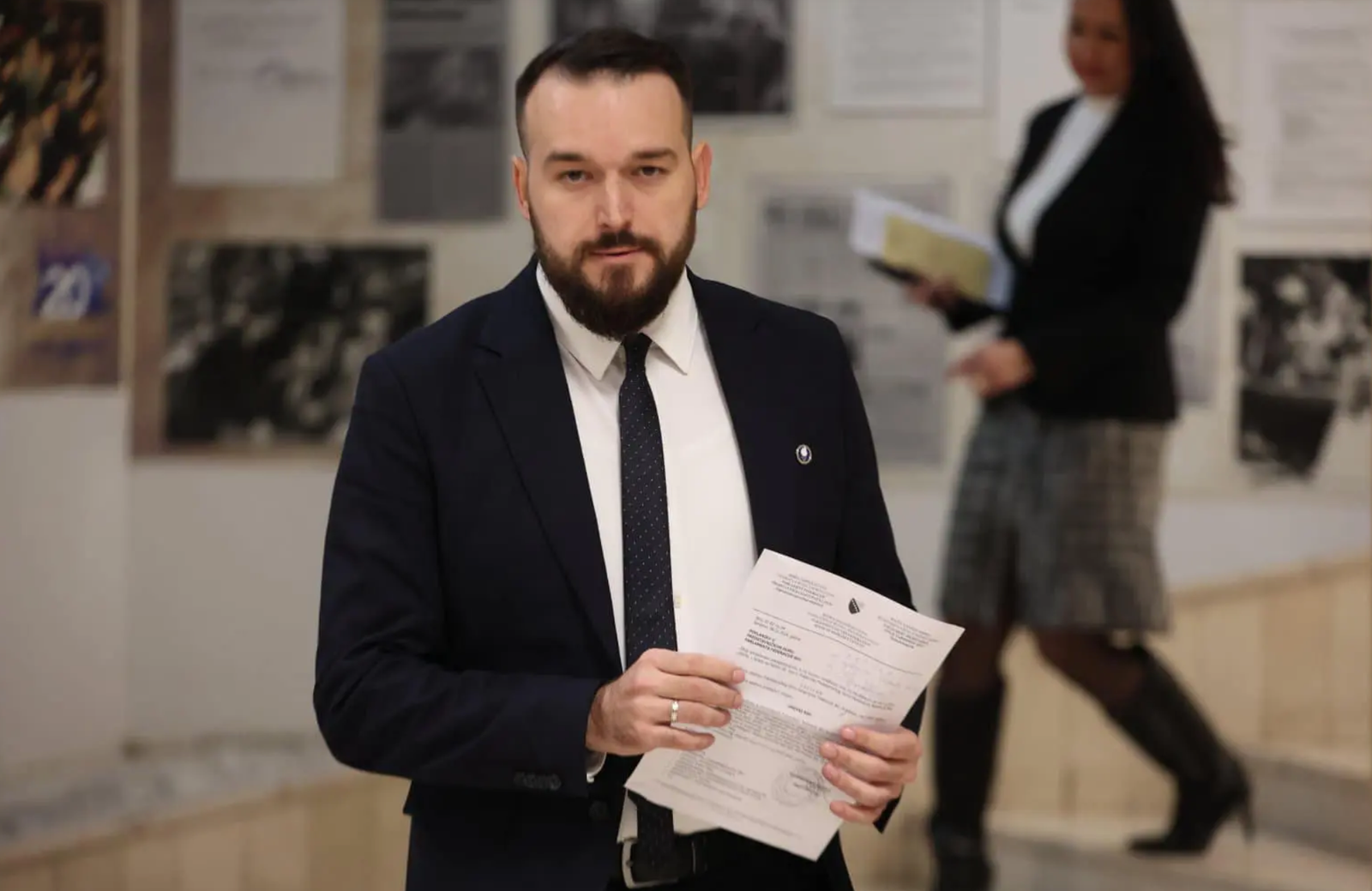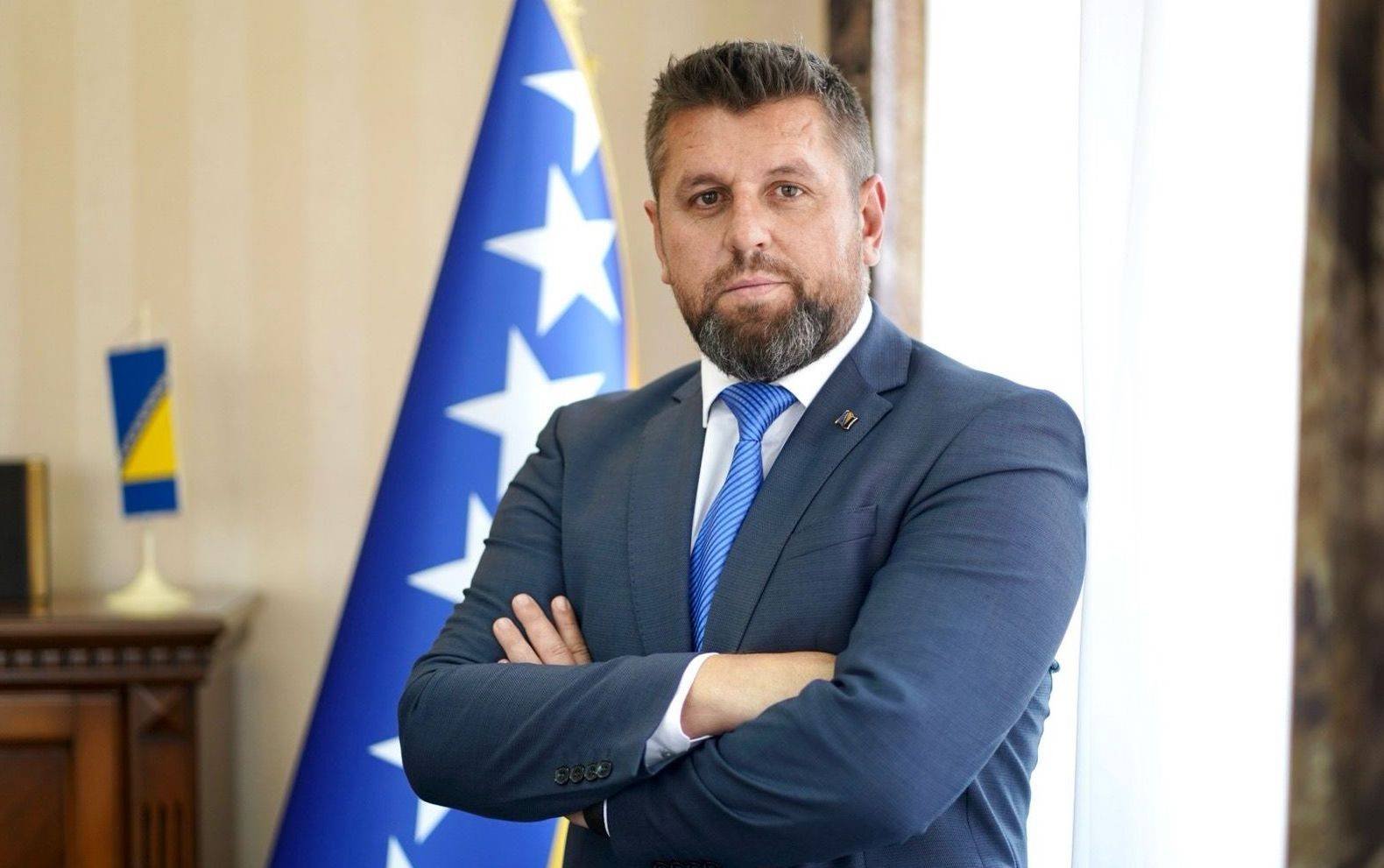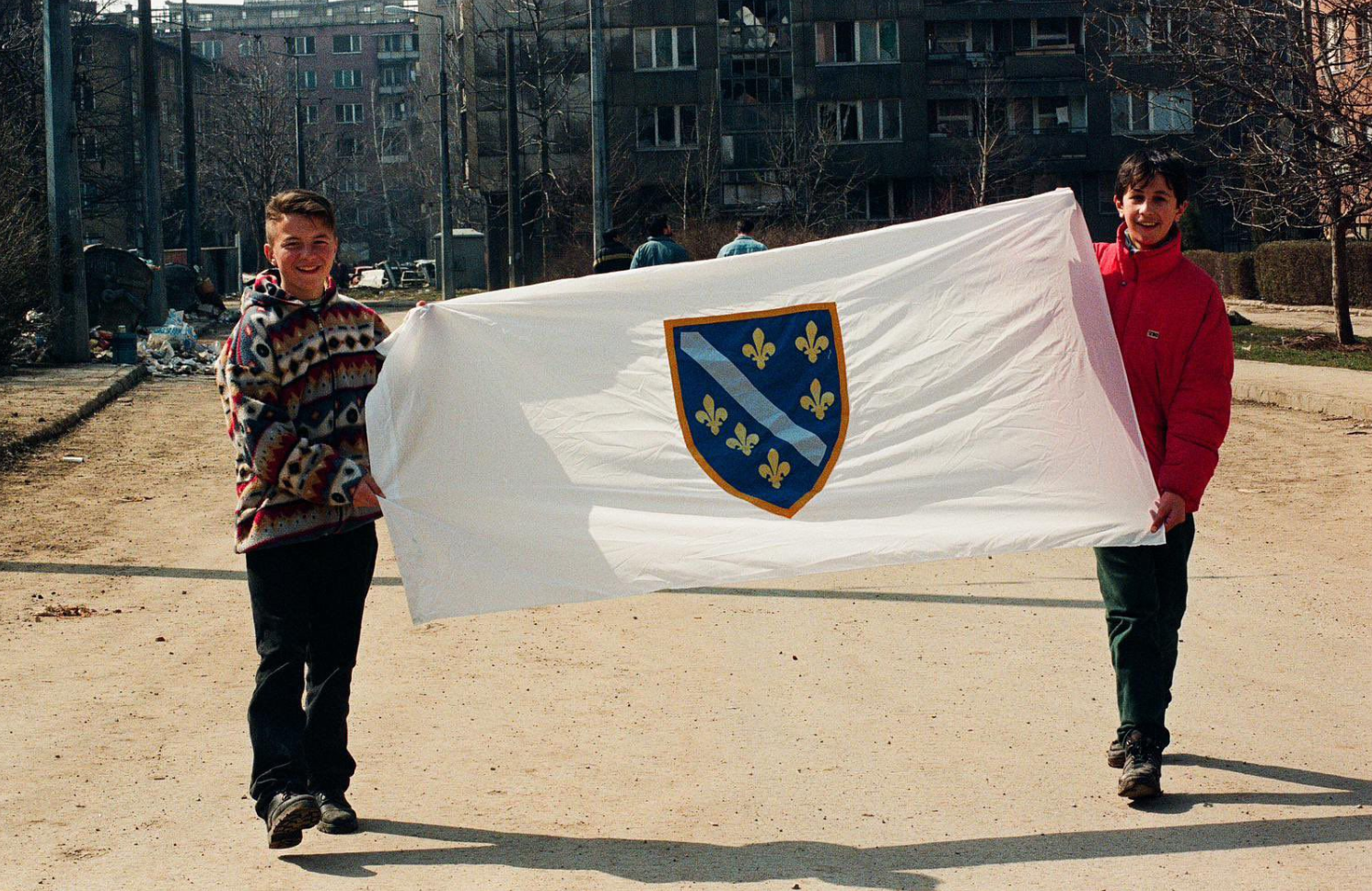The terrorist slaughter of over 140 civilians in a Moscow concert hall on March 22 is a catalyst for more far-reaching conflicts in Russian society. Amidst disputes over the affiliation of the four perpetrators, the slaughters have revealed two of the many structural weaknesses of the Russian state – the unreliability of the security forces and the potential for widespread inter-ethnic and inter-religious violence.
The Kremlin was quick to blame Ukraine for the Moscow massacre by four Tajik nationals, despite claims by ISIS-Khorasan (a branch of the Islamic State terrorist network) that it was responsible. But as footage of the incident emerged, evidence increasingly pointed to an inside job by some elements of Russia’s internal security forces who may have hired the gunmen. Whether they were members of ISIS acting on behest of the FSB remains unclear especially given the murky ties between Moscow and the terrorist outfit.
As a classic FSB operation, the goal would be to enrage the public against Ukraine and the West and enable Putin to announce a broader mobilization for the war and defuse any potential protests. A similar provocation was conducted by the FSB in September 1999 when three apartment buildings were blown up and three hundred civilians killed. A fourth bombing attempt was thwarted when local residents discovered security operatives laying bombs while claiming that they were simulating a terrorist attack. Those civilian massacres were important for promoting Putin as the defender of Russia and justifying the genocidal war against independent Chechnya.
The recent Moscow massacre was even less competently handled than the 1999 bombings, especially as digital cameras are now readily available and evidence can quickly circulate. Among the accumulating proof of FSB complicity were a small group of men in blue sweaters who locked the emergency doors in the concert hall, the absence of any police presence, and the slow response of security forces in entering the premises.
Kremlin propagandists have performed a miserable job in blaming Ukraine. The license plates on the getaway car were Belarusian, whose president confirmed that they were trying to enter Belarus. Lukashenka’s contradiction of the Putin story is another indication of dictatorial incompetence. And the same “guys in blue sweaters” miraculously appeared to arrest the suspects. Even if FSB involvement in the massacre cannot be confirmed because of the resulting cover-up, conspiracy theories which are often hatched by Moscow against the West can now inflame Russia itself. Growing mistrust of the security forces will be coupled with intensifying power struggles within Russia’s security forces. This could prompt purges and trigger violent clashes within the Russian elite.
A second danger for the regime is that the terrorist outrage will trigger ethno-Russian xenophobia and unleash inter-ethnic and inter-religious conflicts. Chechen warlord Ramzan Kadyrov has already warned about an anti-Muslim backlash in Russia that can provoke open conflicts. He vowed to combat Russian nationalism using any methods, thus leaving the door open to violent self-defense. Russian officials are trying to forestall such a scenario by highlighting a Muslim boy who reportedly saved lives during the concert hall attack. But this may be too little to defuse spreading Islamophobic sentiments.
Representatives of Russia’s Muslim population are sounding the alarm that the terrorist attack can lead to increased violence against non-Orthodox religious communities and non-Russian ethnics. The country has between 14 to 20 million Muslims who form up to 15% of the population, and the total of non-Russian ethnics exceeds 30 million. State repression disproportionately targets Muslims and can trigger violence in the North Caucasus and other republics with non-Russian majorities. There are also indications that armed resistance is again on the rise. In early March, Russian security services killed six armed insurrectionists in Ingushetia and arrested several individuals related to the group. Attacks on people from the Caucasus would spark further rebellions and fuel a renewal of violent Islamism.
Russia also contains millions of migrant workers from Central Asia, especially Tajiks and Kirgiz, who will be subject to tighter controls, retributions, and even outright expulsions. In broadcasting the police torture of the terrorist suspects, Moscow is also unleashing a broader international jihadist offensive against the Russian state. ISIS-K, which claims to be establishing a caliphate across Central Asia and Afghanistan has already issued videos warning of further bombings in Russia. It labeled Russia as a state that “oppresses Muslims” and plans to expand its activities to free the “puppets of the Russian Empire.”
Russia’s internal turmoil is also stirred by the military invasion of free Russian units. Ukraine’s armed forces have incorporated foreign fighters, some of whom are organized as distinct national units, including ethnic Russian and Chechen battalions. The Freedom of Russia Legion, the Russian Volunteer Corps, and the Siberian Battalion have recruited disaffected Russians willing to fight for Ukraine and against the Putin regime. Some units have successfully penetrated the Russian Federation and seized several small towns in the Belgorod and Kursk oblasts.
The main task of Russian pro-Ukraine fighters is to liberate and hold a certain part of Russia's territory and directly challenge Putin’s hold on power. The longer these attacks continue and bring some success, the greater the prospect that Russian units will mutiny and join the revolutionary legions. This could set off a chain reaction in the military and even test the loyalty of top commanders. The Prigozhin rebellion in June 2023 would then be seen as a precursor to more serious domestic rebellions.Russia’s citizens will feel increasingly fearful that despite the state’s massive repressive apparatus it can no longer provide security. And with the war spreading into Russia and an increasing number of Ukrainian drone strikes depleting the country’s energy infrastructure, the country will spiral toward crisis.
Janusz Bugajski is a Senior Fellow at the Jamestown Foundation in Washington DC. His recent book is Failed State: A Guide to Russia’s Rupture. His forthcoming book is titled Pivotal Poland: Europe’s Rising Strategic Player.



